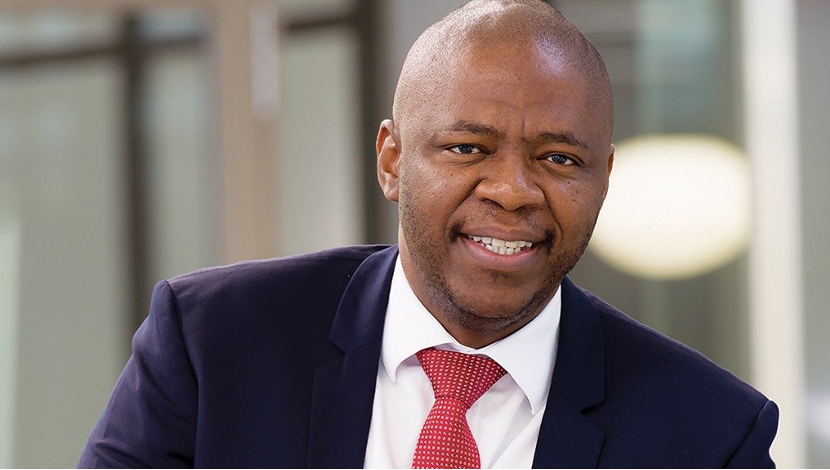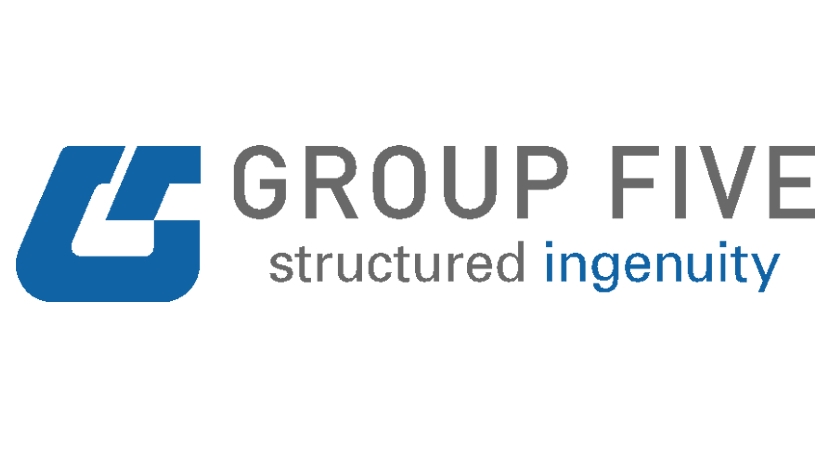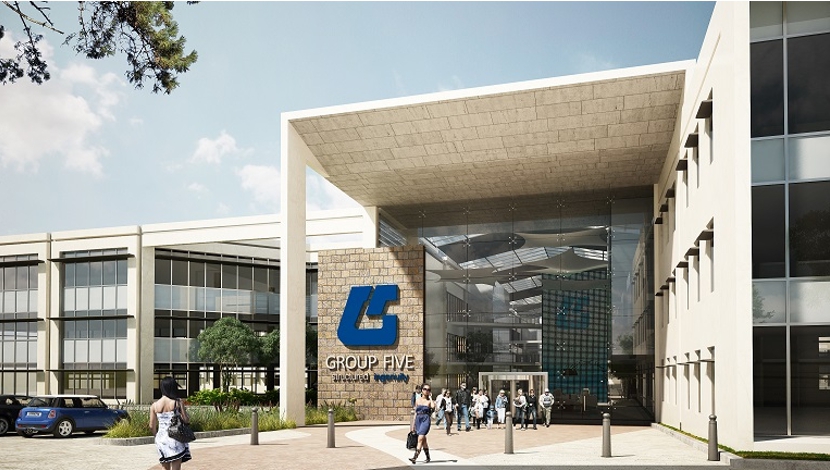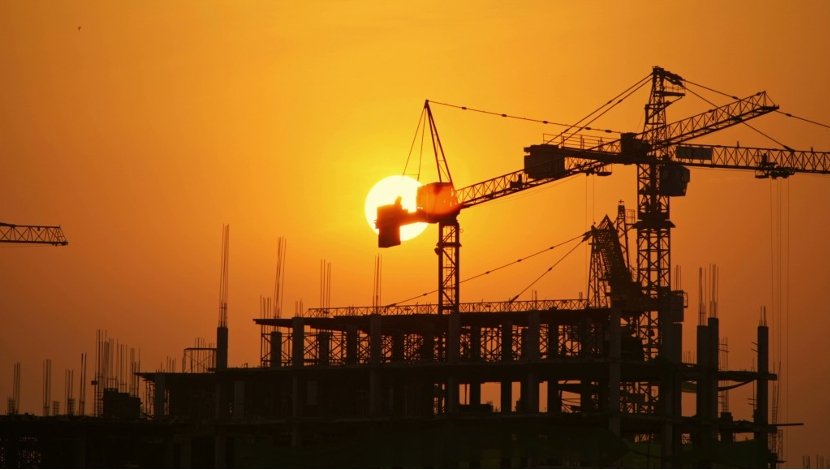

Group Five CEO Themba Mosaihas moved to assure shareholders that the new leadership at the embattled construction company is prioritising “accountability and consequence management” in light of a dismal 2017 performance, which saw the JSE-listed company report financial results that were far worse than expected.
During the period, Group Five was afflicted by boardroom battles, which resulted in the departure of several executives and nonexecutives, including former CEO Eric Vemer, who resigned suddenly in late February, as well as chairperson Philisiwe Mthethwa.
An entirely new board was appointed on July 24 after fund manager Allan Gray, which holds 25% of the company on behalf of clients, indicated that it had lost faith in the board and called an extraordinary general meeting.
Group Five declared a net loss of R840-million for the year to June 30, 2017, down from a profit of R379-million in 2016, with all of its underlying businesses, besides manufacturing, failing to perform within target ranges communicated to the market in February. The group also reported a contraction in its order book to R14.6-billion, from R17.3-billion in 2016, while the new board decided not to declare a second-half dividend.
Mosai said: “We cannot afford to be here again and deliver these types of results. Attention is being given to rebuilding a culture of accountability.
“We have to adhere to the existing and correct procedures and systems for estimating, pricing, planning and execution. Those found in breach of these best-practice guidelines will be dealt with decisively and openly”.
Group Five would also continue to “right size” its construction business, which reported a 25% fall in revenue to R8.8-billion and reported an operating loss of R902-million, following a 2016 operating loss of R237-million.
This had already resulted in a reduction in employee numbers by 600 people. An ongoing review of assets within the constructionbusiness could result in disposals or closures.
The engineering, procurement and construction (EPC) business had been separated from the general constructionbusiness, owing to the distinct cultures between pursuing EPC-type work as opposed to bidding for and executing contracts for clients.
The manufacturing, as well as the investment and concessions business, which houses Group Five’s toll-road and real estate annuity businesses, make up the other two legs of the restructured group.
However, Mosai refused to describe this four-legged structure as the ‘end state’ for Group Five, indicating that it will continue to assess both its assets and its structure with an eye to creating more “agility to respond to changing market dynamics”.





